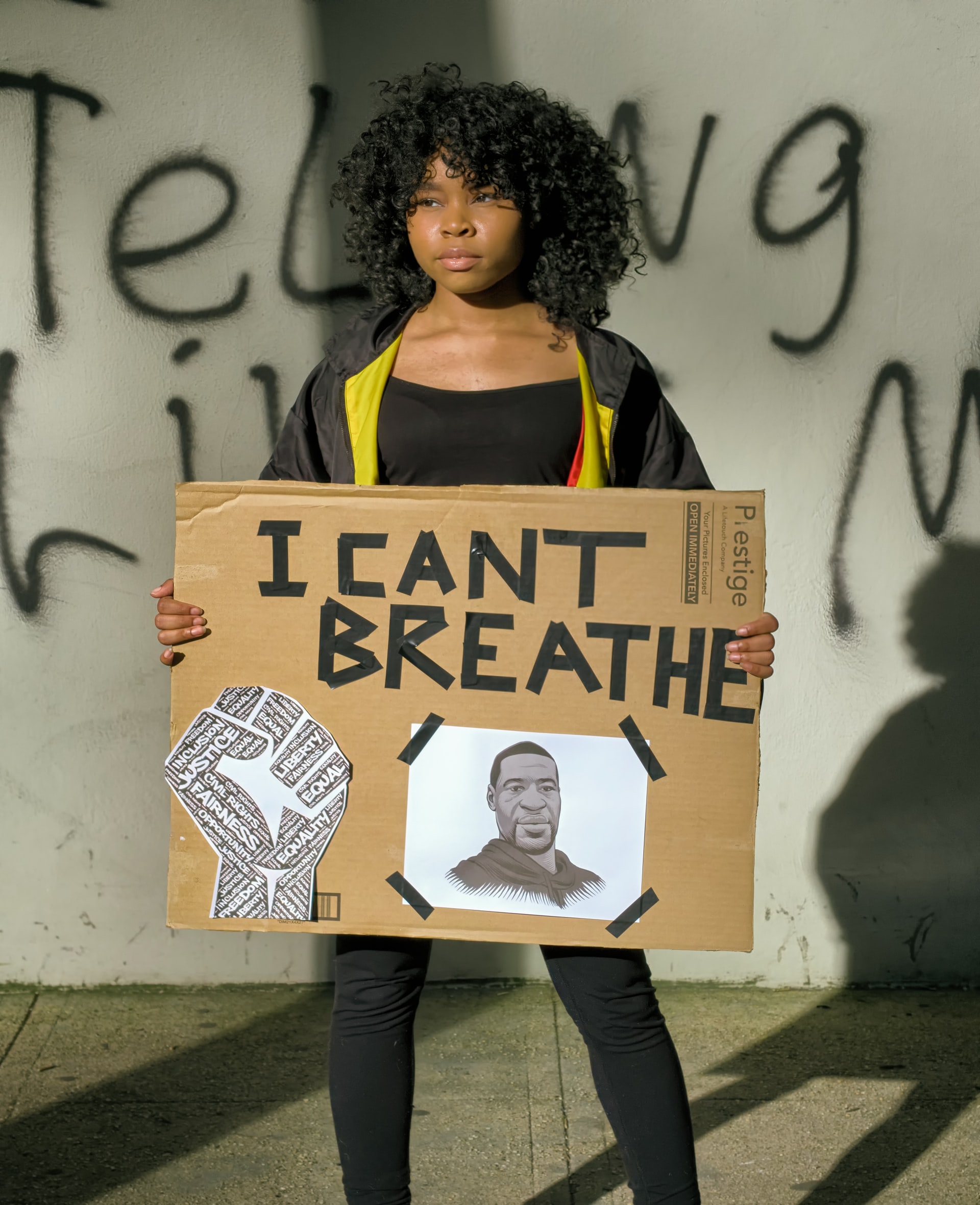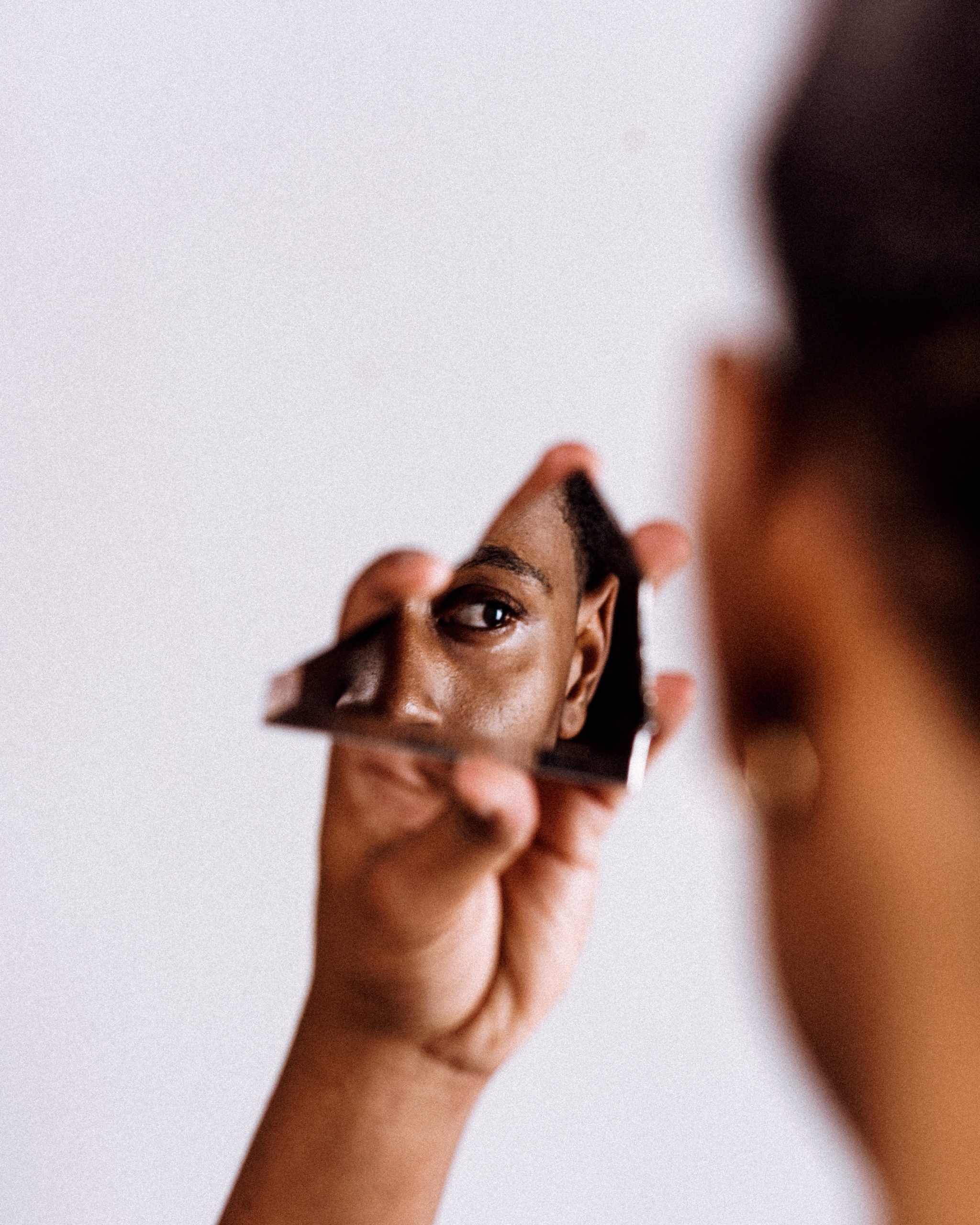
PTSD in the Black Community
by Counseling and Wellness Center of PittsburghJune 8, 2020 black people and mental health, black therapist pittsburgh, PTSD in the Black Community0 comments
Recent events have some people scared. This makes sense. People are clamoring for change, and tensions are high. Not to mention, the nation is still in the middle of a worldwide pandemic that has left millions unemployed and our economy teetering on the edge of a cliff. All of these disasters and injustices have disproportionately affected minorities. Some people will be traumatized by the...Learn More
Dealing with Microaggressions as a Black Man
by Counseling and Wellness Center of PittsburghJune 3, 2020 black therapist pittsburgh, microagressions, racism in america, systemic racism, therapy for racism pittsburgh0 comments
Dealing with Microaggressions as a Black Man
George Floyd, Ahmaud Arbery, Botham Jean, Sandra Bland…these are just a few of the names that come to mind as I write this. These are the names of victims of police brutality and racial injustice. These were unwilling martyrs who fell prey to overt, unabashed, and unadulterated racism. This is a problem, but there is another issue that...Learn More
